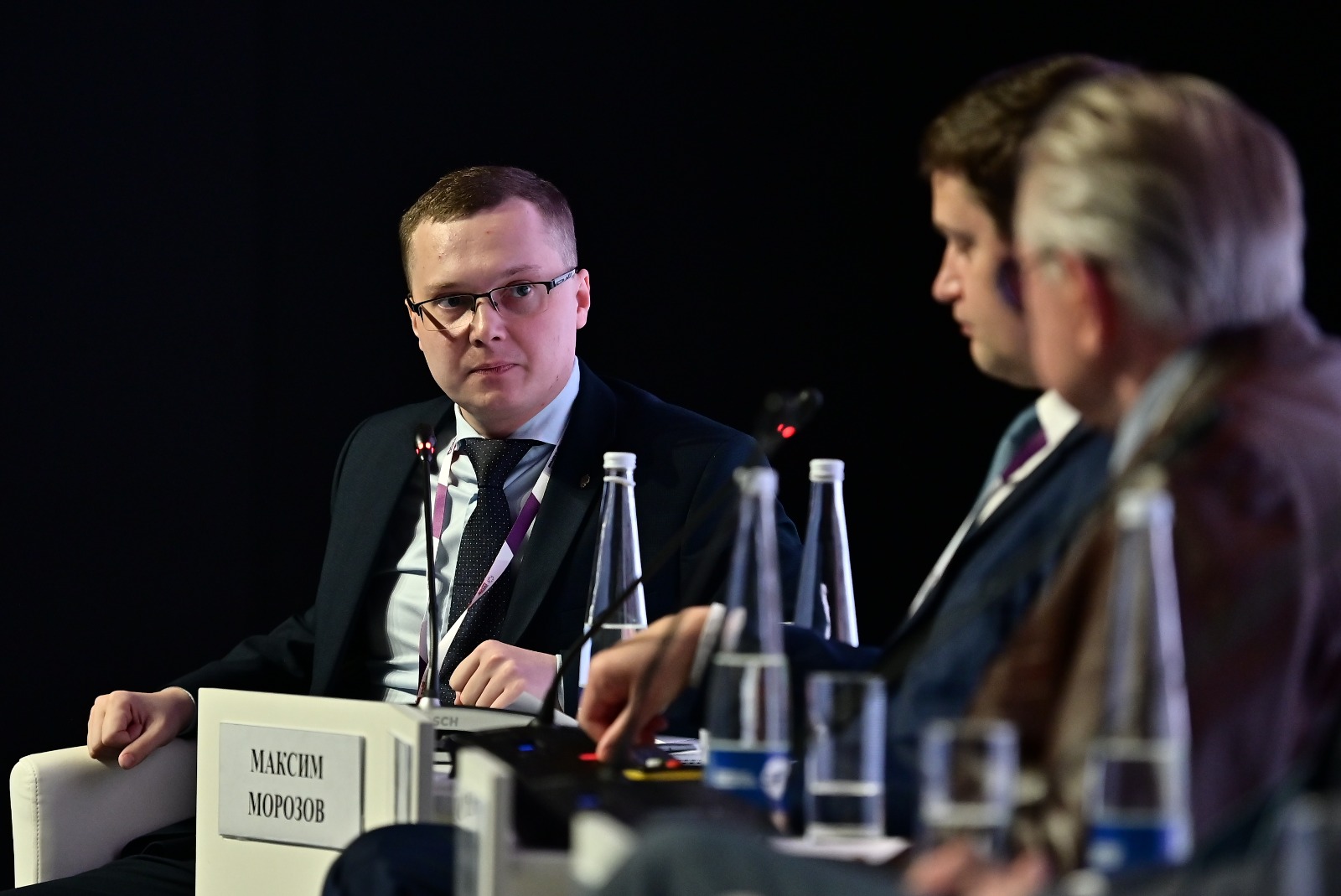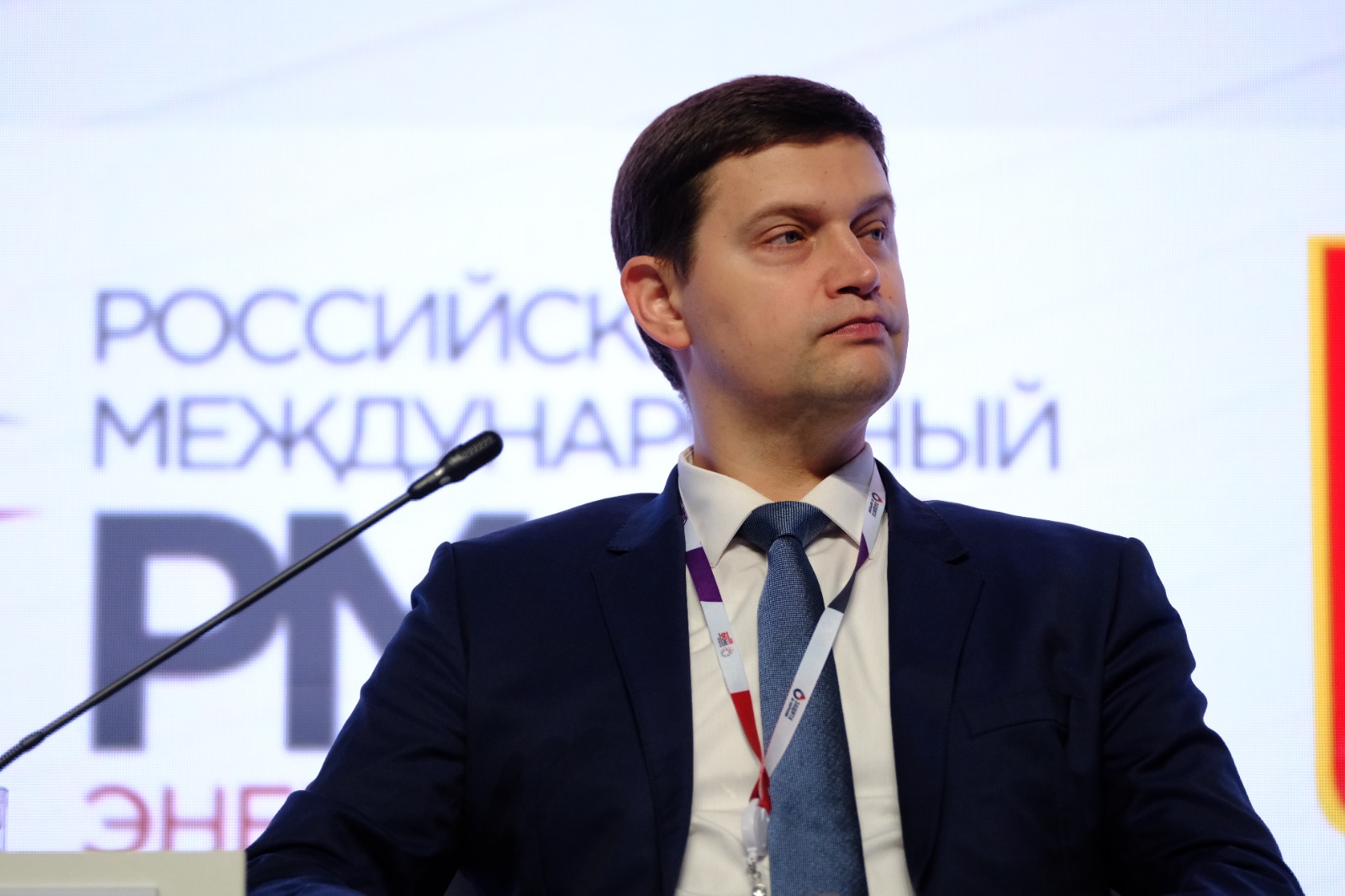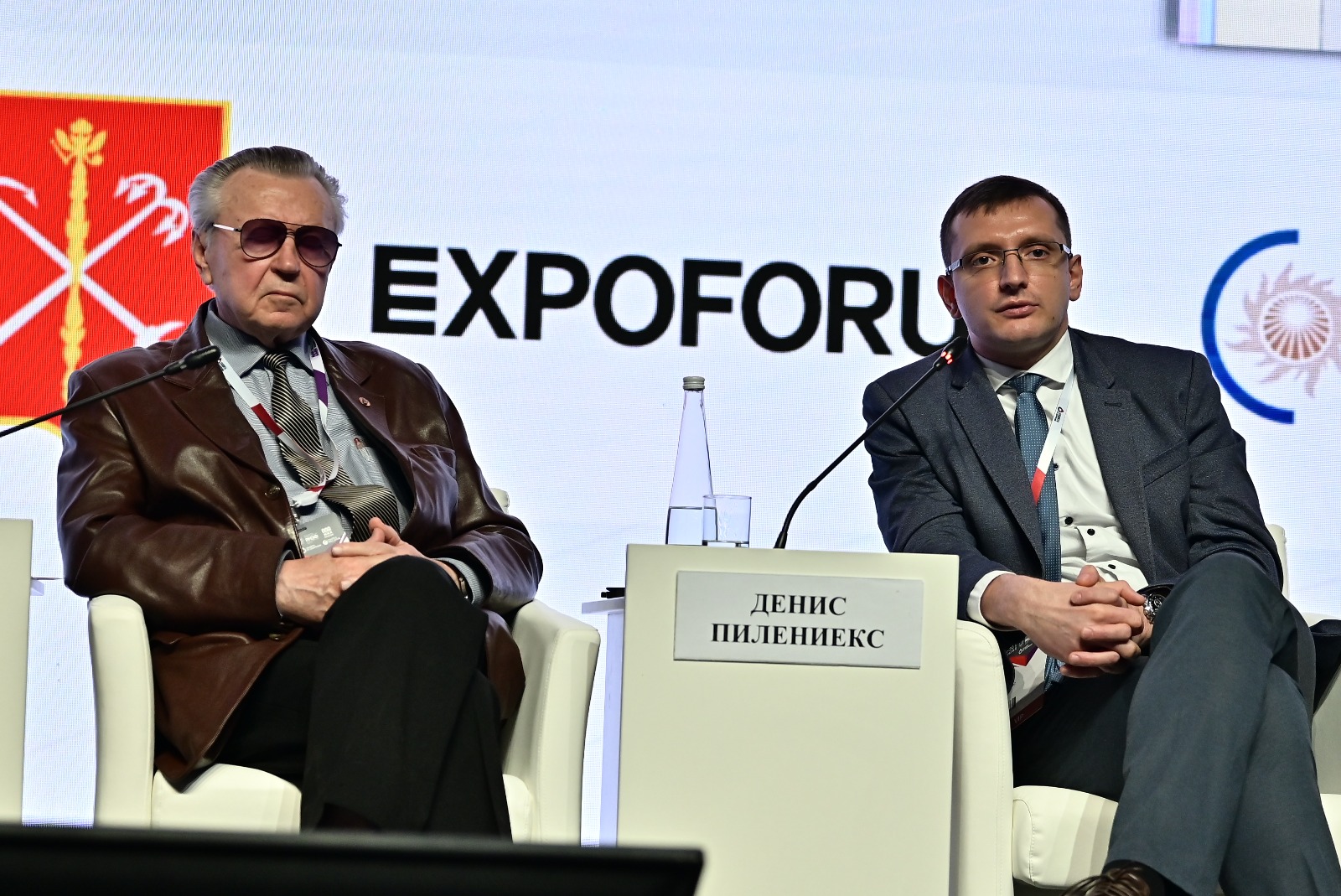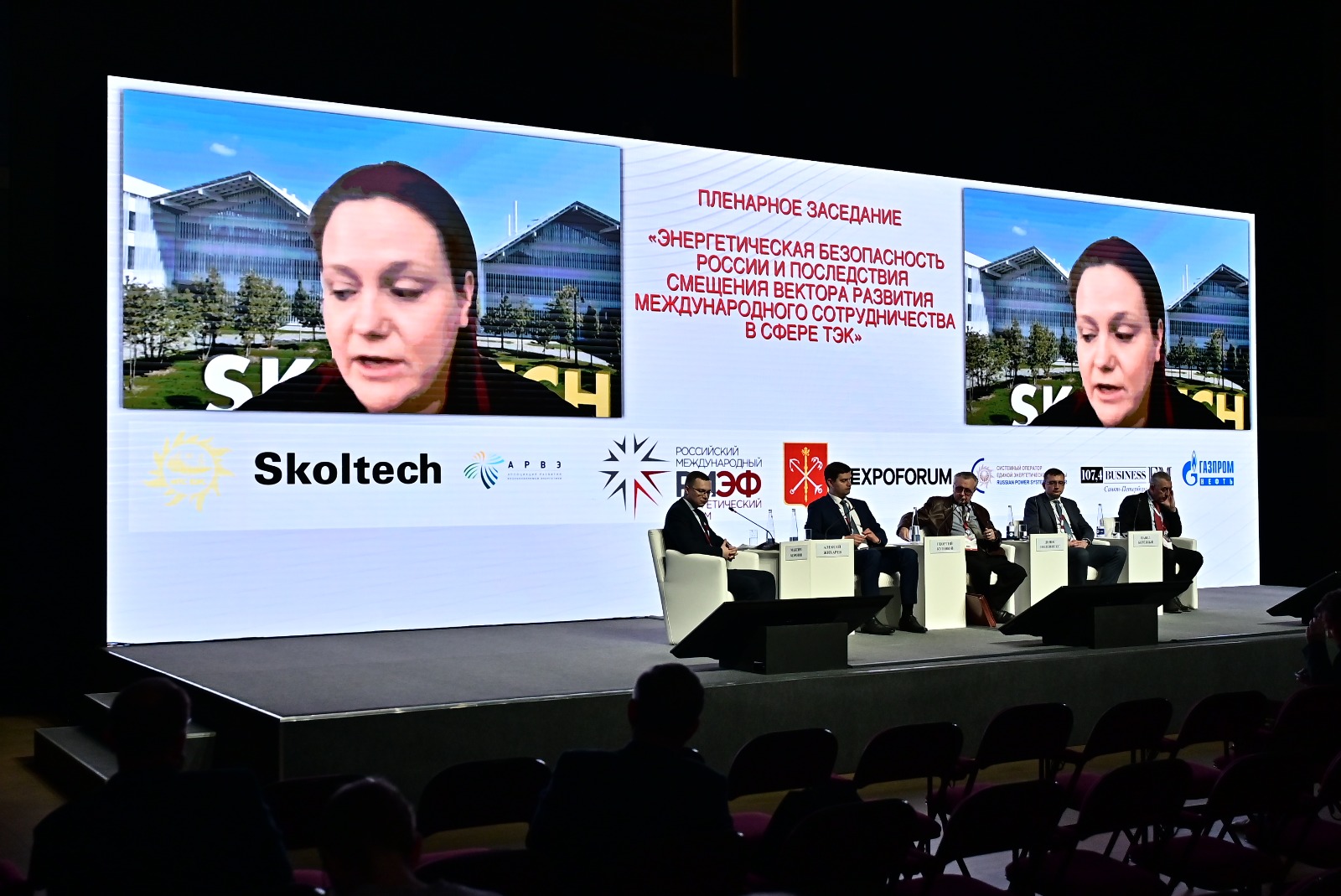Russia’s energy system has problems, though it is balanced in general
Challenges and threats to Russia’s energy security in the context of the new economic and geopolitical reality were discussed today at the plenary session of the Russian Economic Forum.
Modern complexities, such as unstable price trends for energy resources, imbalance of demand and supply, etc., do not stop the process of import substitution in Russian oil production. “We are largely dependent on foreign equipment, but plan to increase the share of domestic equipment to 80 % by 2025”, said Maksim Morozov, the moderator of the meeting, Editor-in-Chief of the radio station “Business FM Saint Petersburg”.
He noted that, despite external restrictions, the Russian energy system continues to be updated: only last year, facilities with total capacity of more than 2,000 MW were modernized and put into operation in the country.
Maksim Morozov called as key strategic challenges the following ones: relocation of the world economic growth center to the Asian and Pacific Regions, slowdown in growth of global demand for energy resources and changes in the demand structure, substitution of petroleum products, energy conservation, energy efficiency of enterprises and the national economy as a whole, increased competition in the market, changes in legal regulation, including the global one, and increase in the share of renewable energy sources (RES), to be indicated in the Energy Security Doctrine of the Russian Federation.
Pavel Beryozny, Head of the Energy Department of the Exploration and Production Unit of “Gazprom Neft”, also called green energy one of the main trends. And Aleksey Zhikharev, Director of the Association for Development of Renewable Power Engineering, gave the data on renewable power generation facilities: they operate in more than 50 constituent entities of the Russian Federation.
“It would be unsafe not to develop renewable energy sources: the enormous multibillion market is being formed in the world, and it is imprudent to be outside of it”, Aleksey Zhikharev stressed, saying that, since 2013, the pace of renewable capacities has been growing annually, and by the end of 2022, their total installed capacity in the Russian Federation has exceeded 5.78 GW, and by 2035, it will have been at least 12 GW.
Though, there are some problems in the industry. One of them was articulated by Georgy Kutovoy, the expert of NON-PROFIT PARTNERSHIP “SCIENTIFIC AND TECHNICAL COUNCIL OF THE UNIFIED ENERGY SYSTEM”, Deputy Chairman of the Committee for Energy Strategy and Development of the Fuel and Energy Complex of the Chamber of Commerce and Industry of the Russian Federation, Research Advisor of Non-Profit Partnership “Corporate Educational and Scientific Center of the Unified Energy System”, Academician of the Russian Academy of Sciences, Professor. “Today, the price per kilowatt-hour is not the balance of economic interests, but has turned into our economic development brake, a risk factor for the country’s economic security”, the expert says.
The speaker explained that the electric power industry has undergone a number of reforms over 30 years, and today it operates in the market paradigm, but the pricing issue is unbalanced: the price per kilowatt-hour is divided into 2 components – variable and constant ones. “That decision was made to save the electric power industry, which was falling apart in the dashing 90s, and we have saved it. But, having transited to normal commodity-money relations, no one wants to revise it, and as the result, the consumer (commercial enterprises) pays not under the standard indicator, but actually all power stations that confirm their readiness to operate during the billing period. This is beyond the amount to be needed by the consumers, and we, in fact, force them to keep the power stations”, explained Georgy Kutovoy suggesting shifting to the settlement system, in which economic risks would not be switched to the consumers, but shared between them and energy companies.
According to Denis Pilenieks, Development Director of the Unified Energy System, Head of the Directorate of “System Operator of the Unified Energy System” JSC, other core problems of the industry are personnel shortage and aging of the generating equipment, the average age of which is about 30 years.
“In other words, on the one hand, the energy sector grows, on the other hand, it ages. However, from the point of view of global security, I see no problem: in general, the system is balanced”, the expert concluded.

 Calendar
Calendar
 Online application
Online application
 Map
Map
 How to get
How to get






